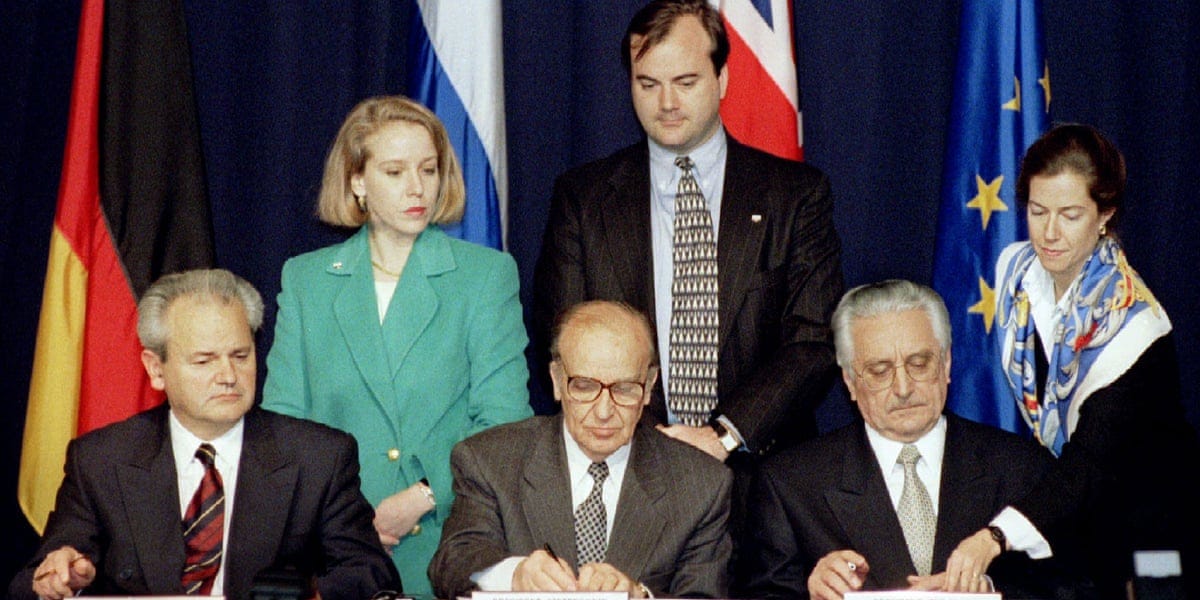The Gaggle Book Club: "Israel and the Bomb," by Avner Cohen
Each week, the Gaggle Book Club recommends a book for Gagglers to read and—most important—uploads a pdf version of it.
Our practice is that we do not vouch for the reliability or accuracy of any book we recommend. Still less, do we necessarily agree with a recommended book's central arguments. However, any book we recommend will be of undoubted interest and intellectual importance.
Today's book club selection is "Israel and the Bomb," by Avner Cohen. Published by Columbia University Press in 1998, Cohen's book is a detailed history of one of the best-kept--or maybe worst-kept--secrets in history: Israel's possession of a formidable nuclear arsenal.
Israeli scholar Avner Cohen's book traces the development of Israel’s nuclear program from the late 1940s through to 1970, covering key political decisions, technological advances and international diplomacy.
Cohen argues that Israel’s nuclear ambitions began immediately after the state's creation, driven by Prime Minister David Ben-Gurion’s belief that nuclear weapons were essential for Israel’s survival. A key figure in this project was noted "Israeli dove" Shimon Peres, who played a critical role in securing French support for Israel’s nuclear program.
Cohen provides evidence that it was France that was Israel’s key nuclear patron, particularly in the wake of the 1956 Suez Crisis, when Israel collaborated with France and Britain in a military attack on Egypt, led at the time by by President Gamal Abdel Nasser. In 1957, France agreed to help Israel build a nuclear reactor at Dimona. The reactor's ostensible purpose was peaceful, but few doubted that the ultimate goal was to ensure that Israel would be able to produce its own nuclear weapons. France had a change of heart in 1962, under President Charles de Gaulle, and stopped their cooperation with Israel. But by then it was too late.
Cohen highlights the Kennedy administration’s attempts to inspect Dimona in the early 1960s. Israel, under Prime Minister Levi Eshkol, responded with deception tactics, allowing only superficial inspections and withholding key information. The Johnson administration took a more lenient approach, happily playing along with Israel’s now you see it/now you don't policy of nuclear ambiguity.
Cohen claims that Israel and the U.S. reached a secret understanding under President Nixon, allowing Israel to maintain nuclear weapons as long as it did not test them or declare itself publicly to be a nuclear power. This agreement institutionalized Israel’s policy of ambiguity, which remains in place to this day.
Why did this happen? Why did the United States abandon its publicly-stated nuclear non-proliferation goals when it came to Israel? According to Cohen, the United States had, by the late 1960s, come to see Israel as an important strategic ally in the Middle East. U.S. policymakers, particularly under Johnson and Nixon, preoccupied as they were with keeping the Soviet Union out of the Middle East, viewed Israel as a bulwark against Soviet encroachments in the region. Israel's triumph in the 1967 Six-Day War confirmed Israel’s formidable military prowess, and helped reinforce U.S. interest in deepening security cooperation with this newly-emerging regional superpower. There was correspondingly diminishing interest in confronting Israel over nuclear issues.
By the late 1960s, also, the pro-Israel lobby was becoming stronger in the U.S., making it politically costly for any administration to confront Israel over its nuclear ambitions. Key political figures in Congress were increasingly sympathetic to Israel’s alleged security concerns, reinforcing the idea that pressuring Israel on nuclear issues was not worth the political cost.
U.S. policymakers told themselves that an Israeli bomb was less destabilizing than a nuclear arms race involving Arab states. In any case, the policymakers reasoned, Arab states lacked the technological and financial capability to develop their own nuclear weapons in response to Israel’s. Washington also comforted itself with the belief that Israeli nuclear ambiguity would deter large-scale regional wars, as Arab states would hesitate to risk a conflict with an implicitly nuclear-armed Israel.
"Israel and the Bomb" remains one of the most important works on Israel’s nuclear history. While Cohen faced significant challenges due to Israel’s secrecy, his reliance on U.S. archives provided crucial insights into the diplomatic history of Israel’s nuclear program.

















